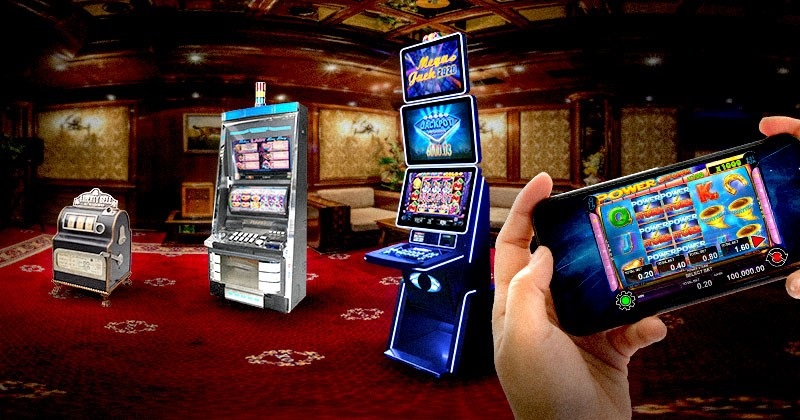Online slots since they first appeared in the 1990s. In the beginning, online slots were basic adaptations of land-based slot machines, with limited graphics and sounds. But over the past 30 years, online slots have evolved tremendously thanks to advances in technology. Early online slots were designed using simple HTML and JavaScript. But in the early 2000s, many operators switched to using Flash software to develop their games. The adoption of Flash allowed for animations, better graphics and audio, and more experience. Simple 2D symbols and reels were replaced with immersive 3D environments full of interactive elements.
Improved mobile experience
As mobile technology improved in the late 2000s, operators began optimizing their slots for mobile devices. The smaller screens and touch interfaces of smartphones and tablets necessitated a reimagining of the slot interface. Developers stripped back unnecessary elements and focused on maximizing taps. Features like swipe gestures, expandable menus, and automatic screen reorientation made slots more convenient to play on the go.
New slot types
Internet speeds have also facilitated entirely new types of slots that go beyond classic spinning reels. Video slots with 3D cinematics and intricate storylines rival console games in visual quality. Slots with bonus mini-games provide another layer of engagement by requiring skill and reflexes. Progressive jackpot networks take interactivity further by allowing multiple players to contribute to ever-increasing prizes. The diversity of slots available today was enabled by evolving technology over the past decades.
Virtual reality slots
On the cutting edge today, virtual reality slots provide the most immersive experience yet. With VR headsets, players step into 3D slot environments and interact far more deeply than just spinning reels. Gesture and gaze tracking allows players to engage with game elements by looking around and reaching out. Haptic gloves also let players feel textures and sensations for a truly advanced encounter. As VR technology continues improving, it may push slots into a new generation.
Regulation for safety
Alongside the technological evolution, regulation and security for online slots habawin have also progressed considerably. Early online casinos had little oversight, but establishments today must abide by strict guidelines and licensing standards. Government regulation ensures fair gameplay, secure financial transactions, and responsible gambling measures. Independent testing agencies also audit the RNG systems of slots to confirm their randomness. These regulations provide critical protection and accountability for both operators and players.
Responsible gambling features
In addition to meeting regulatory requirements, many operators have voluntarily added responsible gambling features as well. Deposit limits, loss limits, cool-down periods, and self-exclusion options allow players to exercise control. While not technological, these responsible gambling advancements have helped online slots evolve into an accountably run form of entertainment.
Ongoing innovation
Online slots have already progressed rapidly, but the evolution is far from over. Virtual reality, cryptocurrency integration, cross-platform compatibility, and even elements of artificial intelligence will likely impact online slots in the coming years. The boundaries keep getting pushed further as developers integrate bleeding-edge technology.


